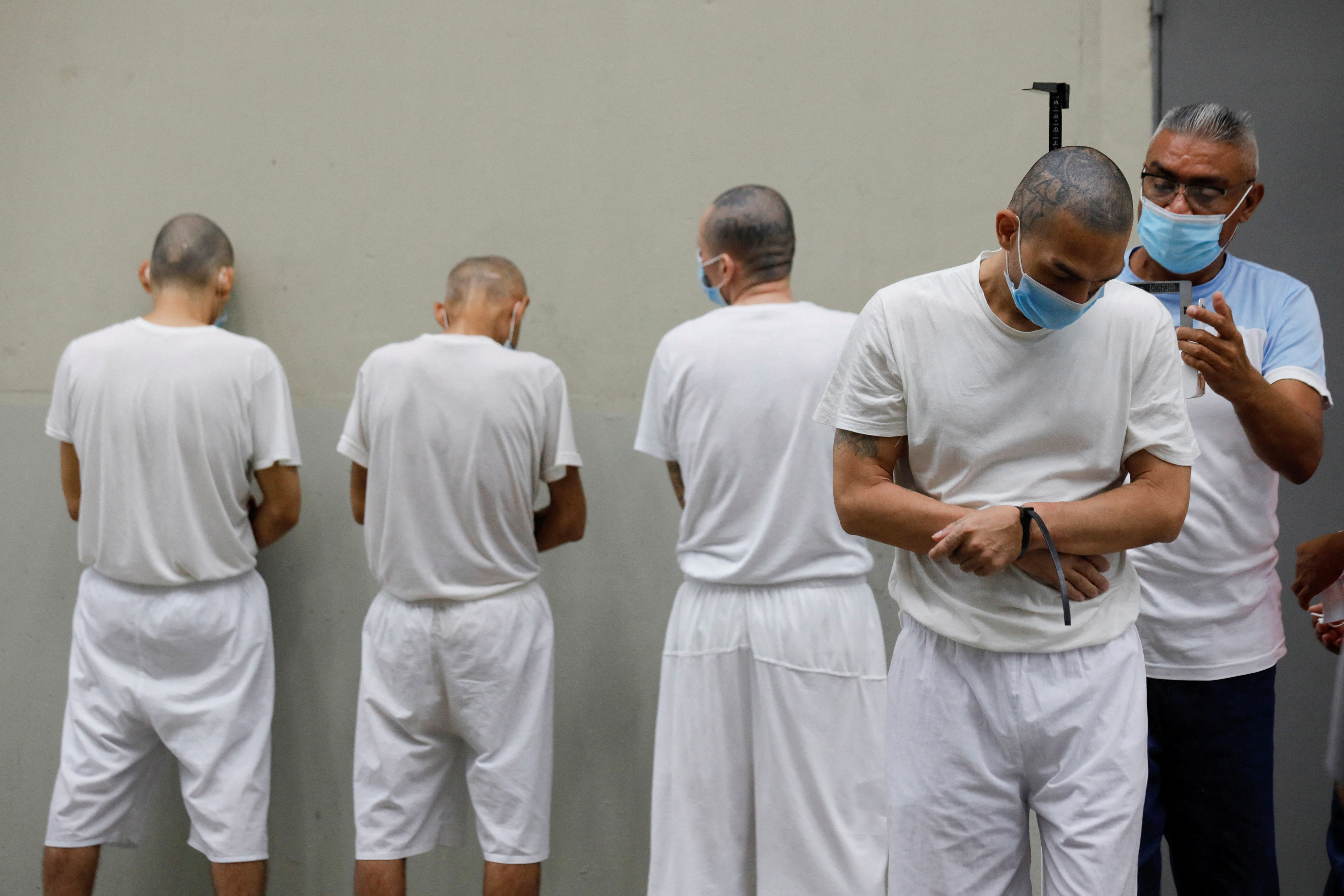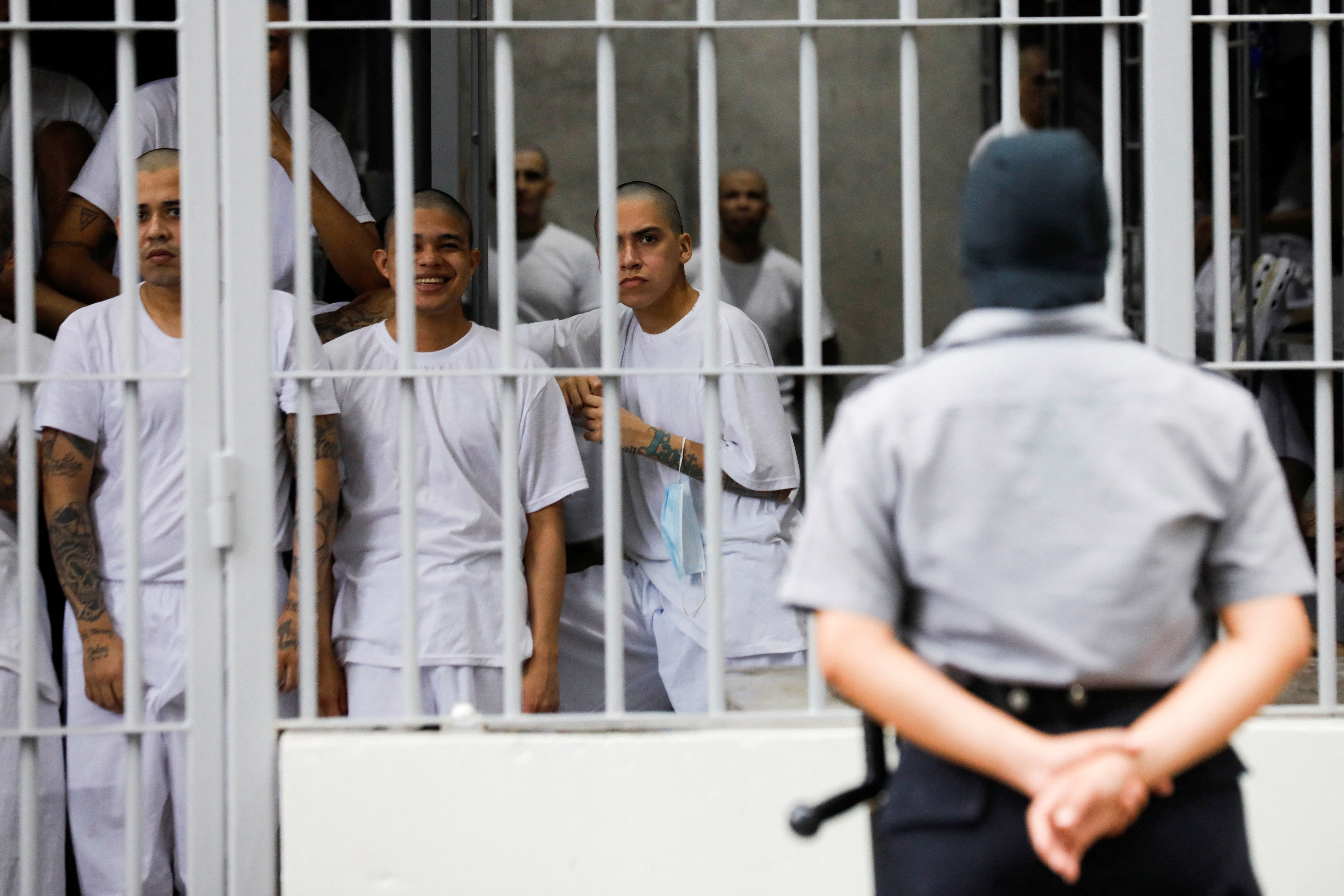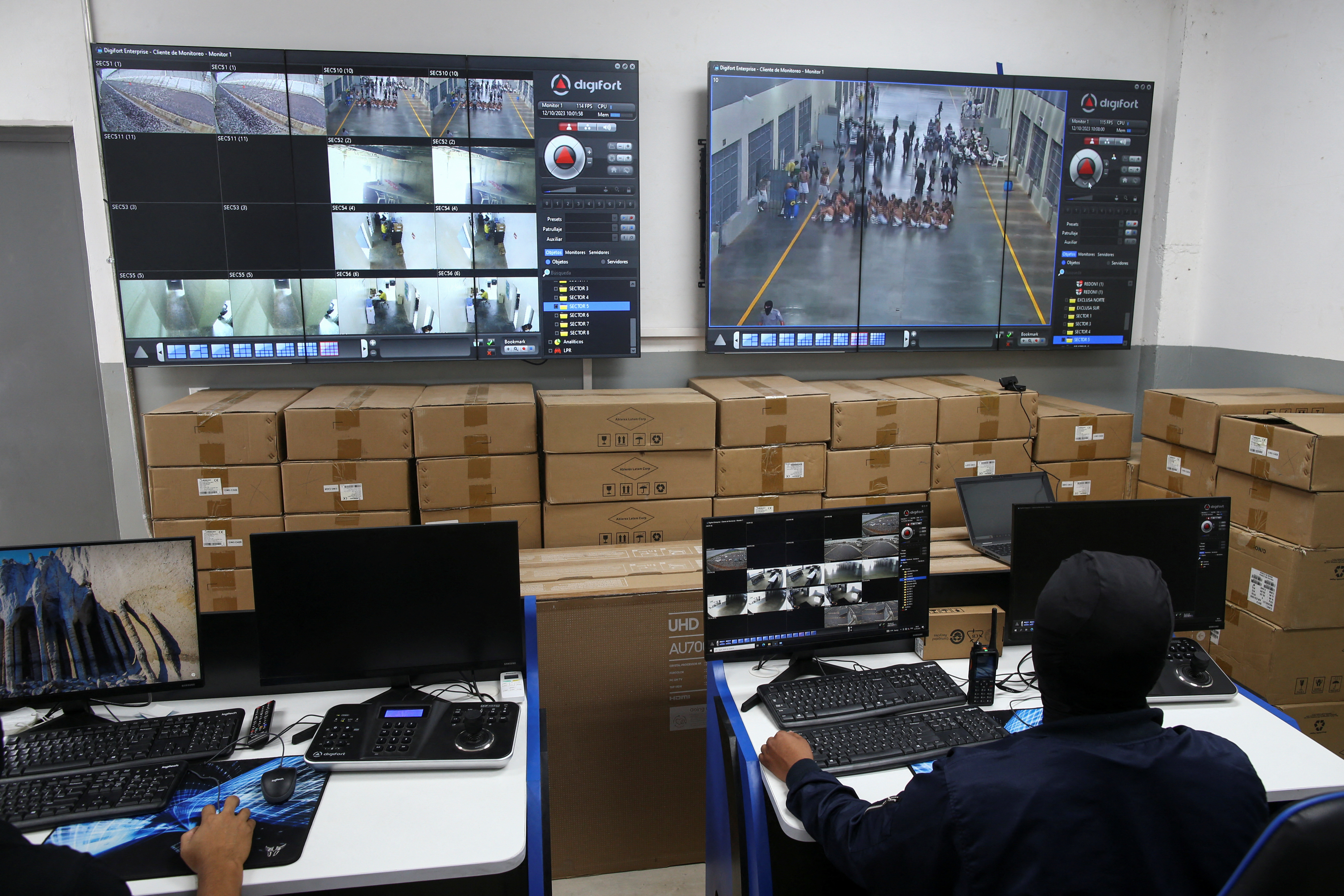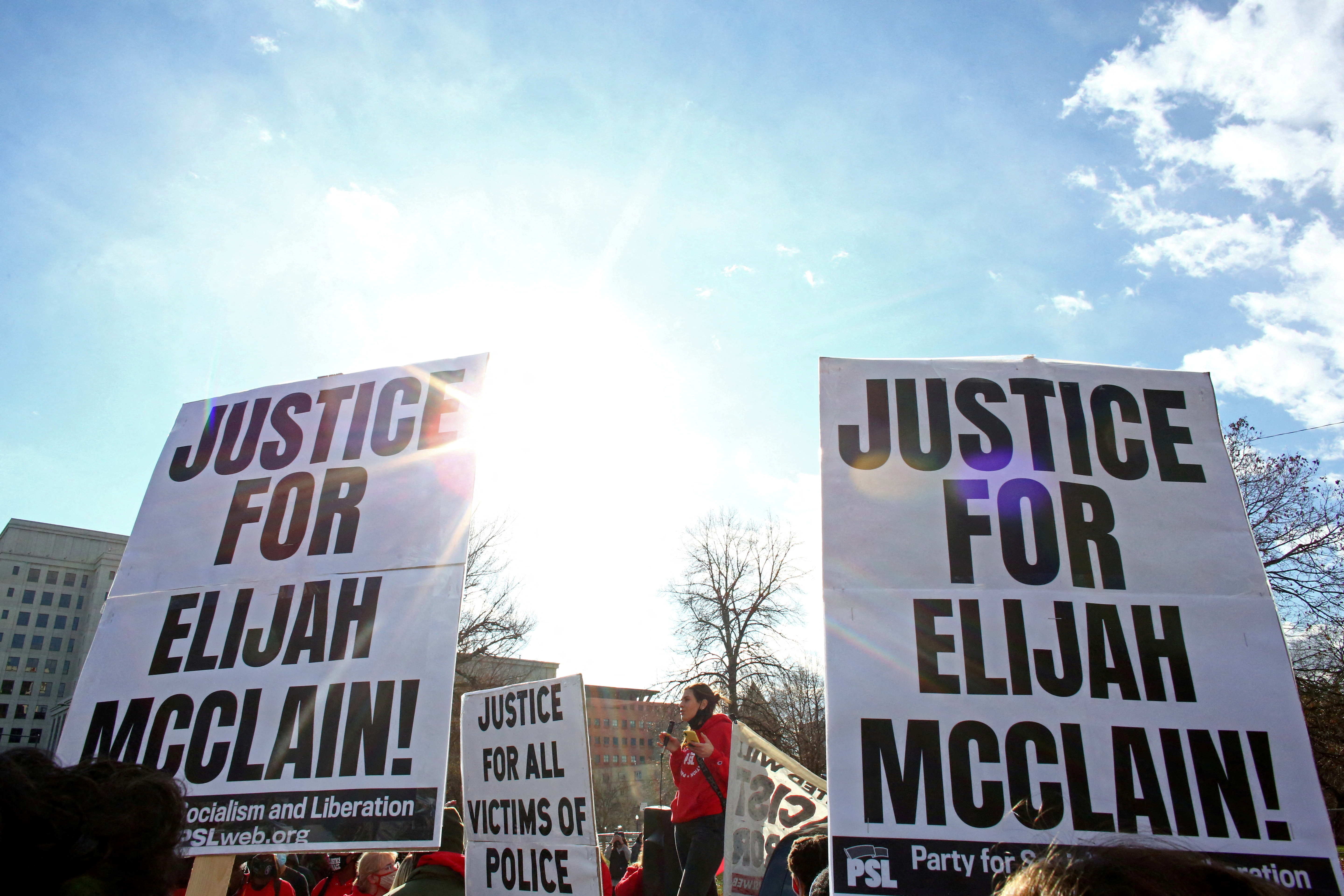2023-10-13T03:09:22Z
Gaza moved closer to a humanitarian catastrophe on Thursday (October 12) as the death toll rose and vital supplies ran low. Meanwhile, Israel massed tanks on the enclave’s border ahead of an anticipated ground invasion amid international calls for restraint, and said there would be no pause in its siege of the Gaza Strip for aid or evacuations until all its hostages were freed. Lucy Fielder has more.
Israel’s military chief said “Now is the time for war” as his country amassed tanks near the Gaza Strip ahead of a planned ground invasion to annihilate the Palestinian militant Hamas group that rules the enclave and was behind deadly weekend attacks.
Israel has pounded Gaza from the air since the weekend incursions, the deadliest by Palestinian militants in its history, and has been preparing for a ground invasion.
The United Nations said early on Friday it had been told by the Israeli military that some 1.1 million Palestinians in Gaza should relocate to the enclave’s south within the next 24 hours.
“The United Nations considers it impossible for such a movement to take place without devastating humanitarian consequences,” U.N. spokesman Stephane Dujarric said in a statement.
“The United Nations strongly appeals for any such order, if confirmed, to be rescinded avoiding what could transform what is already a tragedy into a calamitous situation,” he said.
Seeking to build support for its response, Israel’s government showed U.S. Secretary of State Antony Blinken and NATO defence ministers graphic images of children and civilians they said Hamas had killed in a weekend rampage in Israel.
Blinken said they showed a baby “riddled with bullets,” soldiers beheaded and young people burned in their cars. “It’s simply depravity in the worst imaginable way,” he said. “It’s really beyond anything that we can comprehend.”
Like others across the globe, Blinken urged Israel to show restraint, but he also reiterated America’s support, saying: “We will always be there by your side.”
On Friday he was due to meet Jordan’s King Abdullah and Mahmoud Abbas, head of the Palestinian Authority in the Israeli-occupied West Bank, as part of a Middle East tour aimed at stopping spillover from the war.
America’s top diplomat, Blinken planned to visit key U.S. allies Qatar, Saudi Arabia, Egypt and the United Arab Emirates – some with influence on Hamas, an Islamist group backed by Iran.
Israel’s military chief, Lieutenant General Herzi Halevi, said lessons would be drawn from the security failures around Gaza that enabled the attack. “We will learn, investigate, but now is the time for war,” he said.
The U.S. military is placing no conditions on its security assistance to Israel, U.S. Defense Secretary Lloyd Austin said, adding Washington expected Israel’s military to “do the right things” in prosecuting its war against Hamas.
Austin was due in Israel on Friday and planned to meet Israeli Prime Minister Benjamin Netanyahu.
Hamas called on Palestinians to rise up on Friday in protest at Israel’s bombardment of the enclave, urging Palestinians to march to East Jerusalem’s Al-Aqsa Mosque and clash with Israeli troops in the occupied West Bank.
Israel’s parliament approved Netanyahu’s emergency unity government late on Thursday, including a number of centrist opposition lawmakers, to display the country’s united determination to fight Hamas.
Public broadcaster Kan said the Israeli death toll had risen to more than 1,300. Scores of Israeli and foreign hostages were taken back to Gaza; Israel said it had identified 97 of them.
Israel has responded so far by putting Gaza, home to 2.3 million people, under siege and launching a bombing campaign that destroyed whole neighbourhoods. Gaza authorities said more than 1,500 Palestinians had been killed.
Sirens warning of incoming rocket fire blared in Israeli communities near the Gaza border early on Friday.
Israel carried out air strikes across the Gaza Strip overnight, Palestinian media reported. One attack on a house in the Bureij refugee camp in central Gaza killed at least 17 people, the reports said.
The International Committee of the Red Cross (ICRC) said fuel powering emergency generators at hospitals in Gaza could run out within hours and the United Nations World Food Programme (WFP) warned food and fresh water were running dangerously low.
“The human misery caused by this escalation is abhorrent, and I implore the sides to reduce the suffering of civilians,” ICRC regional director Fabrizio Carboni said.
Human Rights Watch on Thursday accused Israel of using white phosphorus munitions in its military operations in Gaza and Lebanon, saying the use of such weapons puts civilians at risk of serious and long-term injury.
Israel’s military said it was “currently not aware of the use of weapons containing white phosphorus in Gaza.”
North Korea denied on Friday its weapons were used by Hamas in the attack against Israel, saying the claim made in some media reports was a bid by Washington to divert the blame for the conflict from itself to a third country.
The U.S. State Department will begin offering charter flights to Europe to help Americans leave Israel if they want starting Friday, the White House said.
Japan has arranged for a charter flight to depart Tel Aviv on Saturday for its citizens wishing to leave Israel, Chief Cabinet Secretary Hirokazu Matsuno told reporters on Friday.
The conflict spurred some civil unrest in Europe, with police in Paris using tear gas and water cannon to break up a banned rally in support of the Palestinian people. Some Jewish schools in Amsterdam and London were set to close temporarily due to safety concerns.
U.S. law enforcement officials in New York and Los Angeles said they had a stepped up police presence for Friday, especially around synagogues and Jewish community centers, but some officials sought to play down the threat.
The Arab American Anti-Discrimination Committee, an Arab advocacy group, said on Thursday that FBI agents had visited mosques in different states and individual U.S. residents with Palestinian roots, calling it a “troubling trend.”
In Jerusalem, scores of Israelis gathered at the Mount Herzl military cemetery on Thursday to bury their dead.
“When you didn’t take my call, I knew you were fighting with all your power. When I realised you were missing, I could not imagine this is how it would end,” one mourner said.
In Gaza’s main southern city Khan Younis, where cemeteries were already full, dead were being buried in empty lots, like the Samour family, killed on Wednesday night in a strike that hit their house.
Palestinian rescue worker Ibrahim Hamdan drove from one bomb site to another as his team tried to pull survivors from houses destroyed by the Israeli air strikes.
“This war is harsh beyond imagining,” said Hamdan, who has worked through repeated wars since becoming a rescuer in 2007. “They knock down high-rise buildings on top of their residents.”
Gazans, mainly descendants of refugees who fled or were expelled from homes in Israel at its founding in 1948, have suffered economic collapse and repeated Israeli bombardment under a blockade since Hamas seized power there 16 years ago.
Palestinian anger has mounted in recent months, with Israel carrying out the deadliest crackdown for years in the West Bank and its right-wing government talking of seizing more land. A peace process meant to create a Palestinian state collapsed a decade ago, which Palestinian leaders say left the population with no hope, strengthening extremists.
Related Galleries:
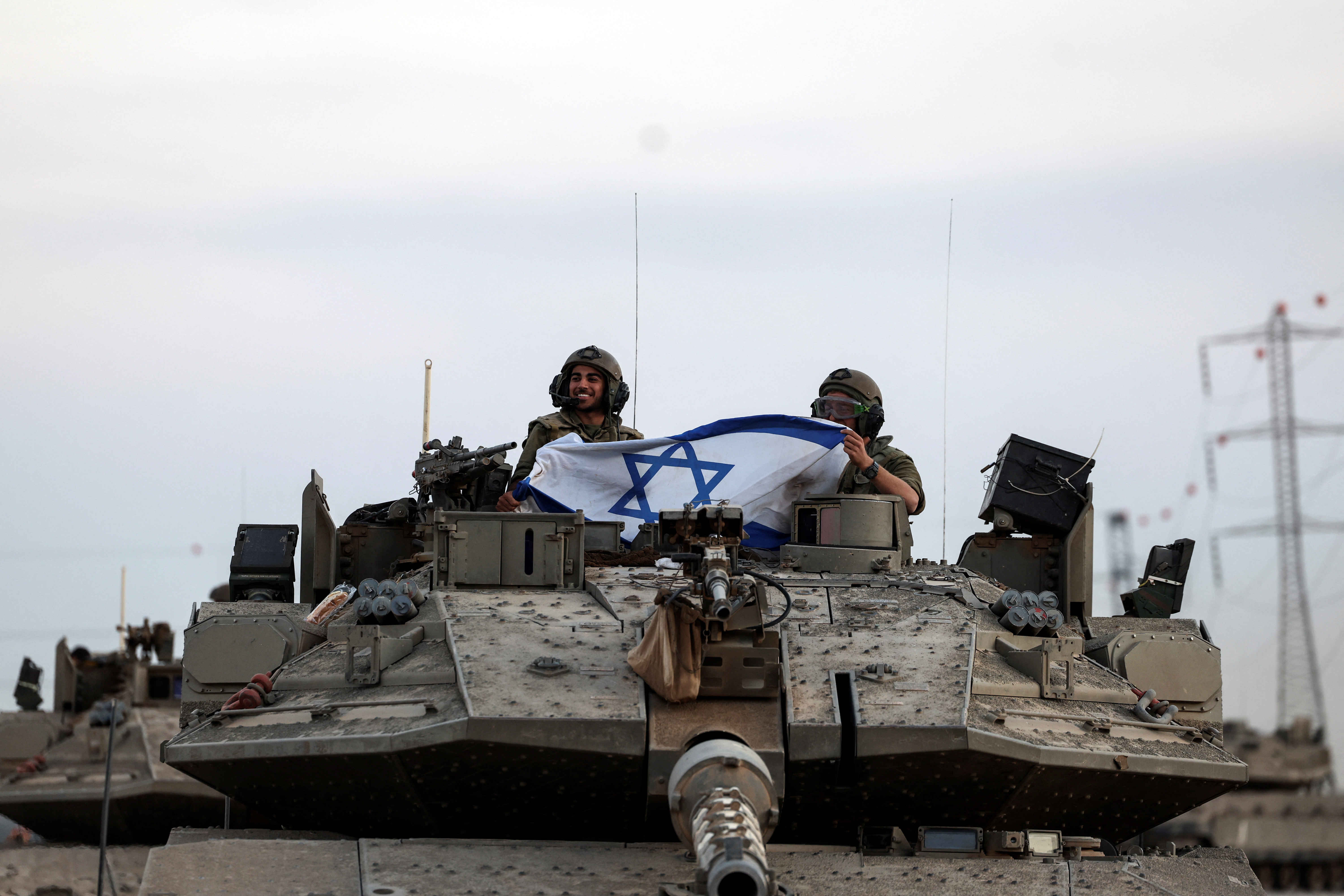
Israeli soldiers hold an Israeli flag while in a tank near Israel’s border with the Gaza Strip, in southern Israel, October 12, 2023. REUTERS/Ronen Zvulun
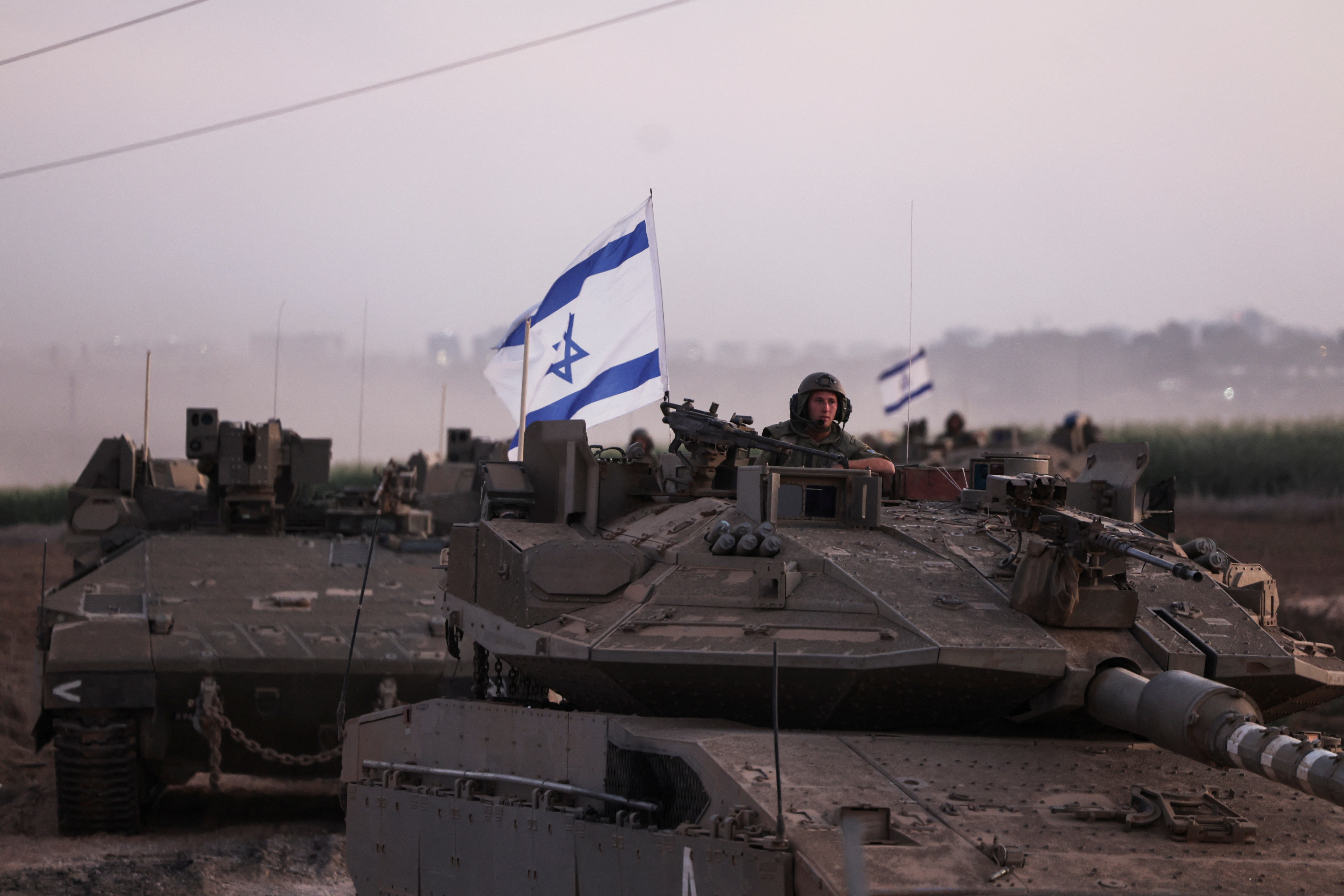
An Israeli soldier looks out from a tank as an artillery unit gathers near Israel’s border with the Gaza Strip, in southern Israel, October 12, 2023. REUTERS/Ronen Zvulun
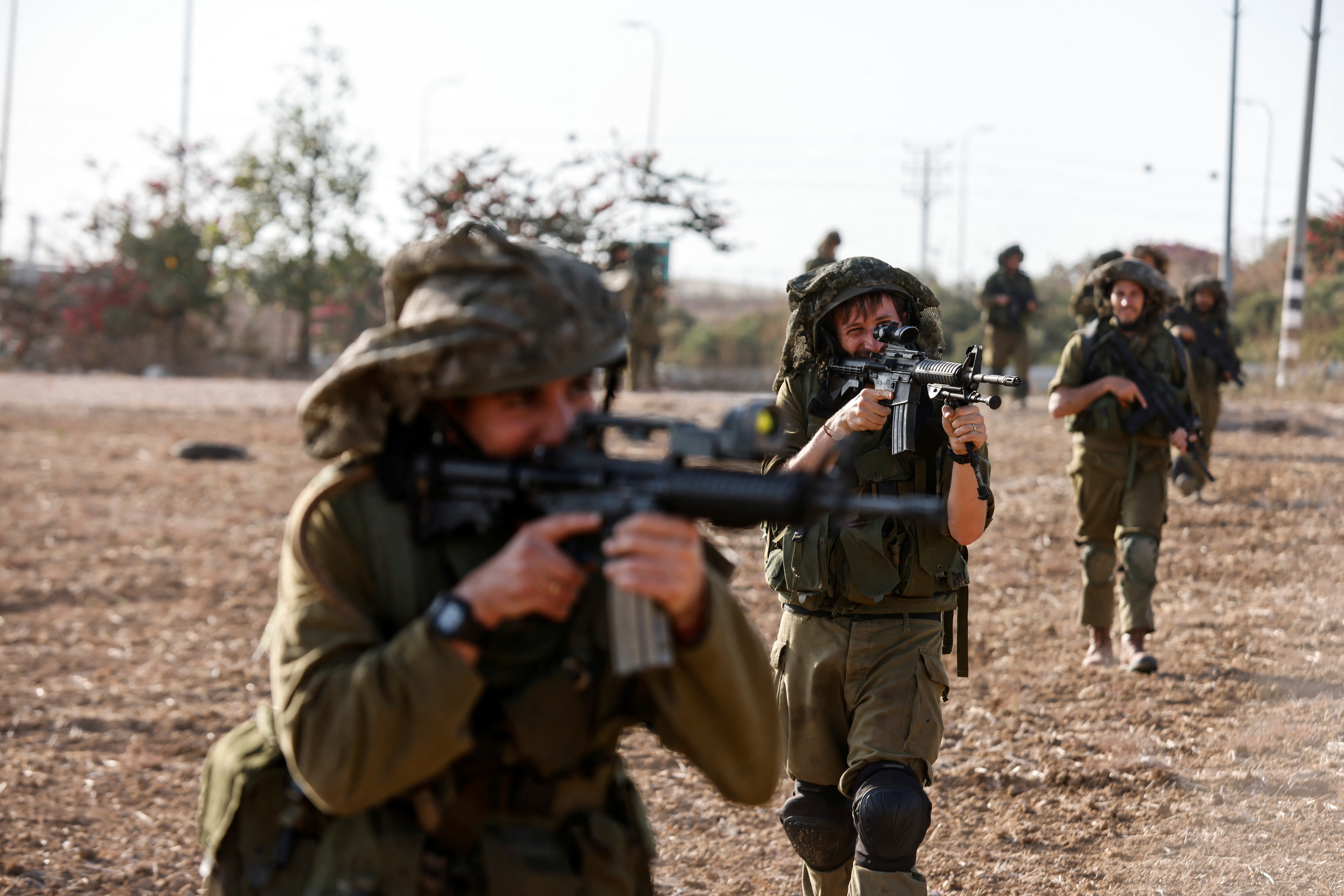
Israeli soldiers take position as they are stationed near Israel’s border with Gaza in southern Israel, October 12, 2023. REUTERS/Amir Cohen
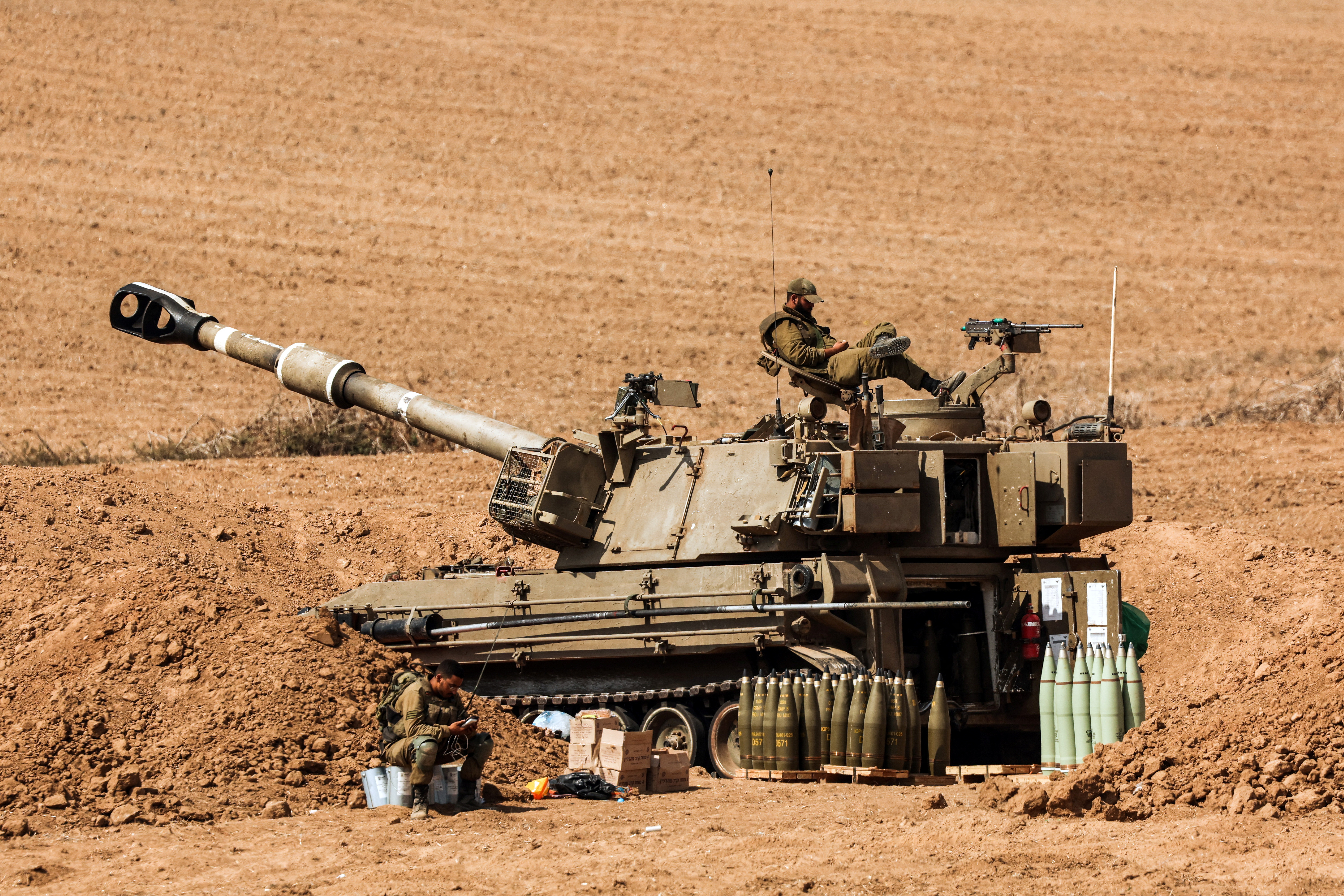
An Israeli soldier sits on a tank near Israel’s border with the Gaza Strip, in southern Israel, October 12, 2023. REUTERS/Violeta Santos Moura
